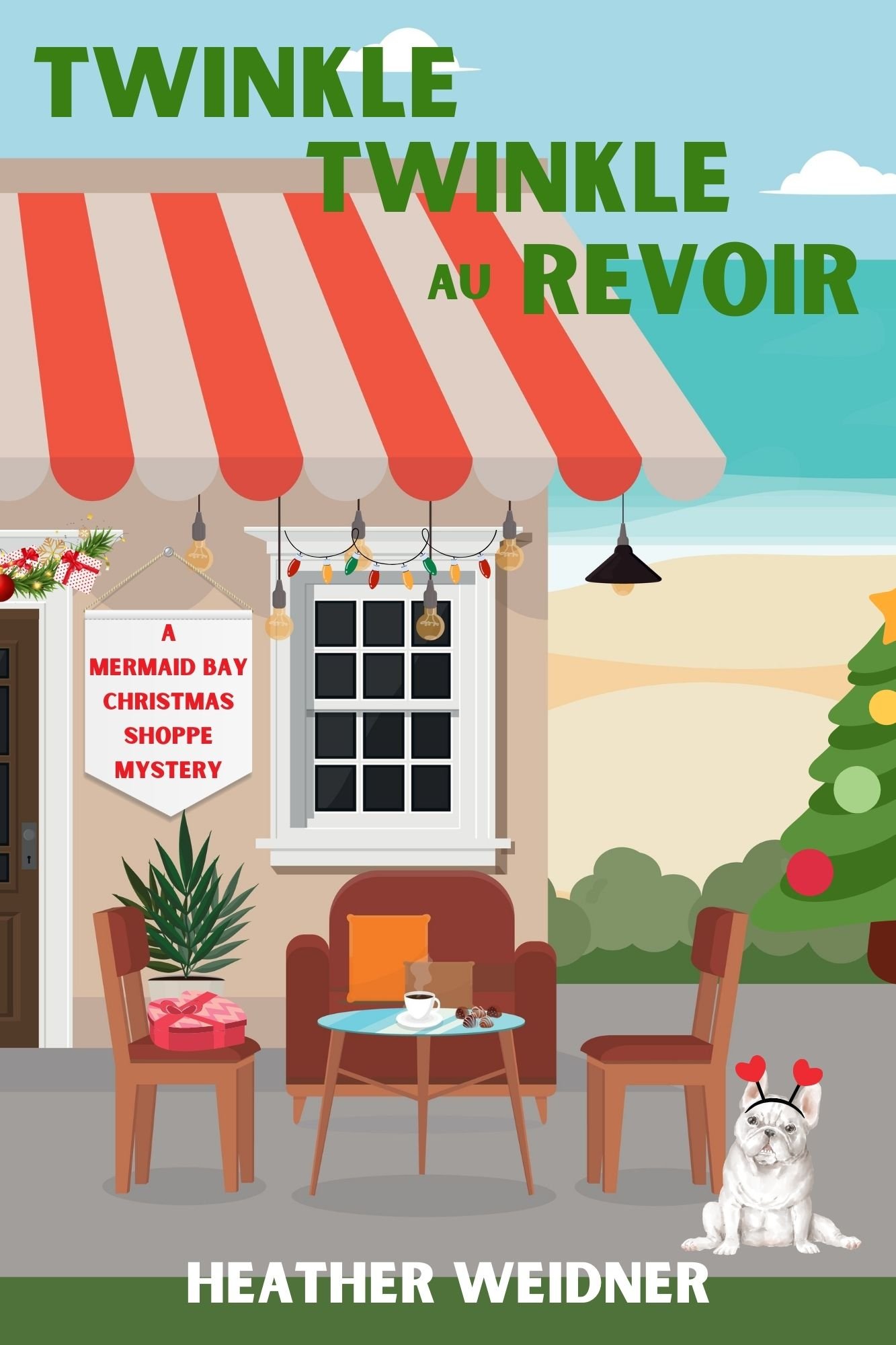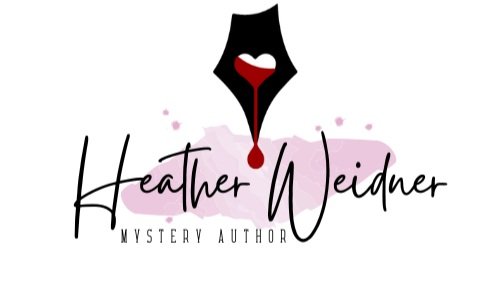Networking for Authors
/Writing is a solitary experience, and I think it’s important that we have a network of authors to help support us. Here are some ideas to help you find your crew.
Join a writer’s group. I am so fortunate to be a part of Sisters in Crime (Guppies, Central Virginia, Chessie, and Grand Canyon Writers), International Thriller Writers, and James River Writers. My first traditionally published work was in a Sisters in Crime anthology. They provide support, ideas, training, critique groups, networking, and so many other opportunities that I wouldn’t have known about.
My agent and my publisher have regular group Zooms to share information and marketing ideas with their authors. It’s nice to find partners for online and in-person events and collaboration opportunities.
Volunteer. There are so many worthwhile organizations that are looking for the skills you have. If you’ve got the time, give back a little. And besides doing good for others, you get to meet new people and network.
Look for other authors who write what you write. Reach out to see if they are interested in collaborating.
Plan a book event and invite other authors to be on your panel or to sign with you. This provides a great opportunity for you to network with new readers.
I am so fortunate to be a part of several group blogs through the years (where each author is responsible for blogging on a specific day). Not only do we provide feedback for each other’s posts, but we share information and ideas.
I treasure my writing friends. They are so generous with their time and advice. I encourage new (or seasoned) writers to find a crew. These are the amazing people who commiserate with you and share your celebrations.


















